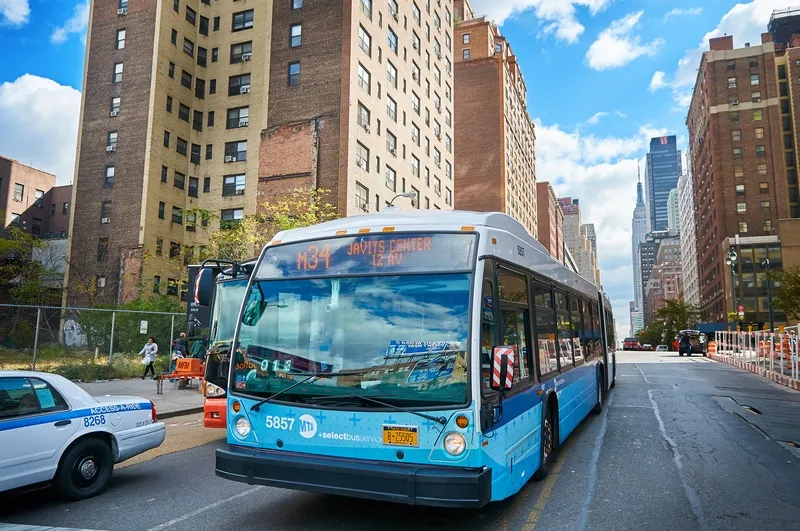Spanish vision systems company Lector Vision has seen the demand for its automatic number plate recognition (ANPR) systems rise in the past few months.
The company has deployed over 70 ANPR parking systems for Spanish airport authority AENA at Madrid and Bilbao airports, using its Access Eye multi lane/multi plate combined camera and CPU systems and Access Eye remote processing cameras.
A minimum of two cameras per parking lane have been installed, together with management software to handle image vir
April 23, 2014
Read time: 2 mins
Spanish vision systems company 7545 Lector Vision has seen the demand for its automatic number plate recognition (ANPR) systems rise in the past few months.
The company has deployed over 70 ANPR parking systems for Spanish airport authority AENA at Madrid and Bilbao airports, using its Access Eye multi lane/multi plate combined camera and CPU systems and Access Eye remote processing cameras.
A minimum of two cameras per parking lane have been installed, together with management software to handle image virtualisation, real time traffic management, user handling, black list handling, plate/ticket comparison at exit, together with statistics and web interface.
The city of Huesca in north eastern Spain has also purchased Traffic Eye ANPR camera systems for traffic management and red light enforcement. Eighteen ANPR 'all in one' systems, which include black and white and colour cameras as well as an internal CPU have been deployed for traffic management and old town access control, while a further unit will be used for red light enforcement. Traffic Eye is capable of detecting red light offences across two adjacent lanes, providing an economic red light enforcement solution.
Lector Vision has also deployed over twenty Access Eye ANPR systems in Chile and a further twelve in Colombia at Santa Fe Mall in Medellin.
The company has deployed over 70 ANPR parking systems for Spanish airport authority AENA at Madrid and Bilbao airports, using its Access Eye multi lane/multi plate combined camera and CPU systems and Access Eye remote processing cameras.
A minimum of two cameras per parking lane have been installed, together with management software to handle image virtualisation, real time traffic management, user handling, black list handling, plate/ticket comparison at exit, together with statistics and web interface.
The city of Huesca in north eastern Spain has also purchased Traffic Eye ANPR camera systems for traffic management and red light enforcement. Eighteen ANPR 'all in one' systems, which include black and white and colour cameras as well as an internal CPU have been deployed for traffic management and old town access control, while a further unit will be used for red light enforcement. Traffic Eye is capable of detecting red light offences across two adjacent lanes, providing an economic red light enforcement solution.
Lector Vision has also deployed over twenty Access Eye ANPR systems in Chile and a further twelve in Colombia at Santa Fe Mall in Medellin.










